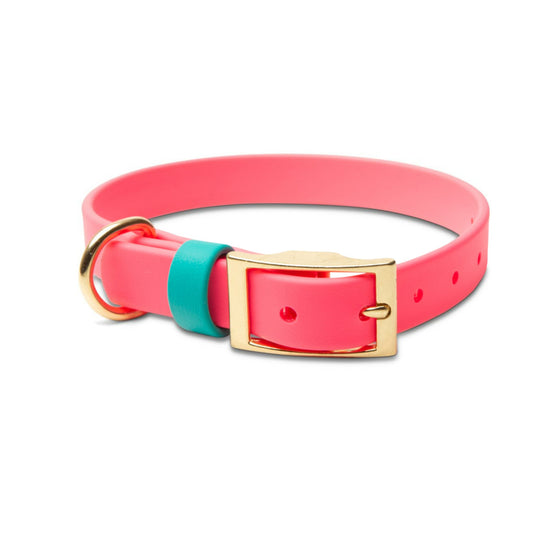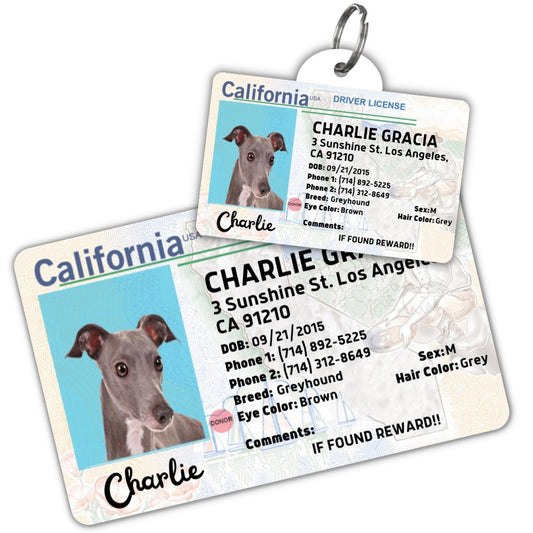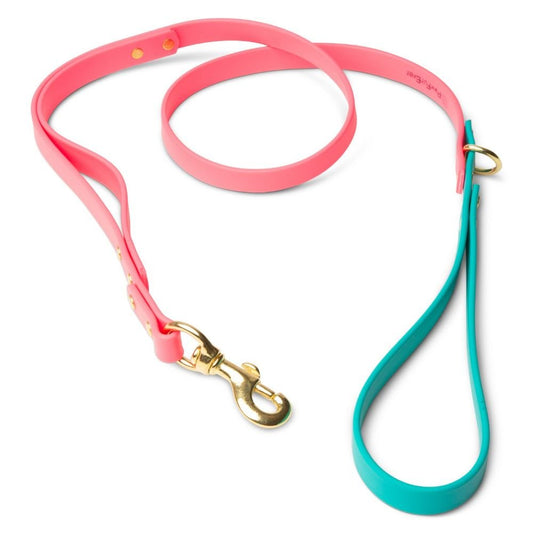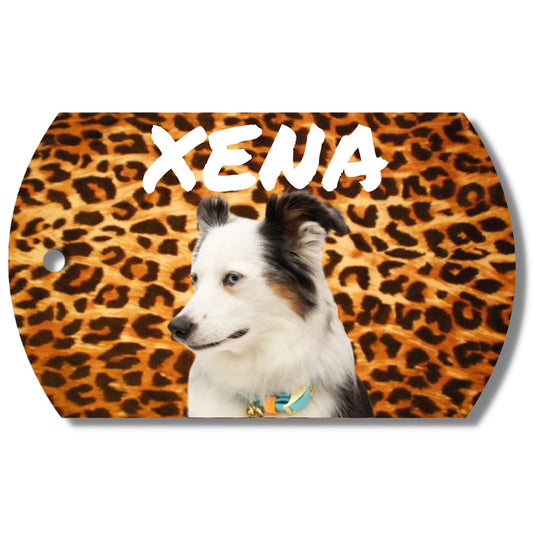
Caring for Your Dog Tags: How to Maintain and Prolong Their Lifespan
Dog tags are not just a fashion accessory for your furry friend; they serve a crucial purpose in keeping them safe and secure. Whether you want to personalize your dog's tag with their name, contact information, or a fun saying, it's essential to properly care for and maintain these tags to ensure their longevity. In this article, we will discuss some tips and tricks to help you keep your dog tags in pristine condition.
Why Do Dog Tags Matter?
Dog tags are not only a style statement but also a crucial identification tool for your beloved pet. They contain vital information that can help reunite you with your furry friend in case they ever get lost. A good dog tag should include your dog's name, your contact information, and any other relevant details, such as medical conditions or special instructions. By providing this information, you increase the chances of a safe and swift reunion with your pet.
Choosing the Right Dog Tags
When it comes to selecting dog tags, it's important to consider both style and functionality. You want a tag that reflects your dog's personality while being durable enough to withstand the wear and tear of everyday life. There are various options available, including different shapes, materials, and customization options. Let's explore some popular choices:
1. Stainless Steel Dog Tags
Stainless steel dog tags are a popular choice due to their durability and rust-resistant properties. These tags can withstand the elements, ensuring that your pet's information remains intact even in adverse conditions. Additionally, stainless steel tags are easy to clean and maintain, making them a practical and long-lasting option.
2. Custom Engraved Dog Tags
Custom engraved dog tags offer a personalized touch, allowing you to showcase your dog's unique personality. These tags can be customized with your choice of font, design, and even a fun saying or phrase. By incorporating your dog's name and your contact information, you can ensure that they are easily identifiable if they ever wander off.
3. Colorful Dog Tags
If you want to add a pop of color to your dog's tag, consider opting for a colorful dog tag. These tags are available in a variety of vibrant hues, allowing you to match them with your dog's collar or simply make a bold fashion statement. Despite their colorful appearance, these tags are still durable and can withstand everyday wear and tear.
Maintaining Your Dog Tags
Now that you've chosen the perfect dog tag for your furry friend, it's important to know how to properly care for and maintain it. By following these simple maintenance tips, you can prolong the lifespan of your dog tags and ensure that they remain legible and intact.
1. Regular Cleaning
To keep your dog tags looking their best, it's important to clean them regularly. Use mild soap and warm water to gently scrub away any dirt or debris that may have accumulated. Avoid using harsh chemicals or abrasive materials, as they can damage the tag's surface and engraving.
2. Avoiding Excessive Wear and Tear
While dog tags are designed to withstand everyday use, it's still important to minimize excessive wear and tear. Regularly inspect your dog's tag for any signs of damage or fading. If you notice any issues, consider replacing the tag to ensure that your dog's information remains visible and legible.
3. Protecting Against Scratches
Dog tags can easily get scratched, especially if your pet is active or loves to roughhouse. To protect against scratches, consider using a tag protector or a tag silencer. These accessories can help minimize contact between the tag and other surfaces, reducing the risk of scratches and abrasions.
4. Checking for Loose Attachments
Over time, the attachments on your dog's tag, such as the split ring or s-hook, may become loose or worn out. Regularly check these attachments to ensure that they are secure and functioning properly. If you notice any signs of wear or weakness, replace the attachments to prevent the tag from falling off.
Personalization and Safety
One of the key benefits of dog tags is the ability to personalize them with your pet's information. This customization not only adds a touch of style but also plays a vital role in your pet's safety. By including your contact information on the tag, you increase the chances of a quick reunion if your pet ever gets lost.
1. Choosing the Right Information
When personalizing your dog's tag, it's important to include the necessary information without compromising your privacy. Typically, a dog tag should include your pet's name, your phone number, and optionally, your address. Avoid including your pet's full name or any sensitive information that could put your privacy at risk.
2. Updating Information Regularly
As your contact information may change over time, it's crucial to update your dog's tag accordingly. If you move or change your phone number, make sure to update the information on the tag promptly. This will ensure that anyone who finds your lost pet can reach you quickly and easily.
The Importance of Pet ID Tags
Dog tags play a vital role in ensuring the safety and security of your furry friend. By providing crucial identification information, you increase the chances of a swift reunion if your pet ever gets lost. Additionally, personalized tags allow you to showcase your pet's unique personality and style. By following the maintenance tips mentioned in this article, you can ensure that your dog tags remain in optimal condition, providing peace of mind for you and safety for your beloved pet.
Remember, caring for your dog tags is not just about maintaining their appearance; it's about ensuring that your pet is protected and easily identifiable. Invest in high-quality tags, regularly clean and inspect them, and update the information as needed. By doing so, you can enjoy the benefits of stylish and durable dog tags that contribute to your pet's safety and well-being.
Note: The information provided in this article is for informational purposes only and should not replace professional advice. Always consult with a veterinarian or pet expert for specific guidance regarding your pet's health and safety.





